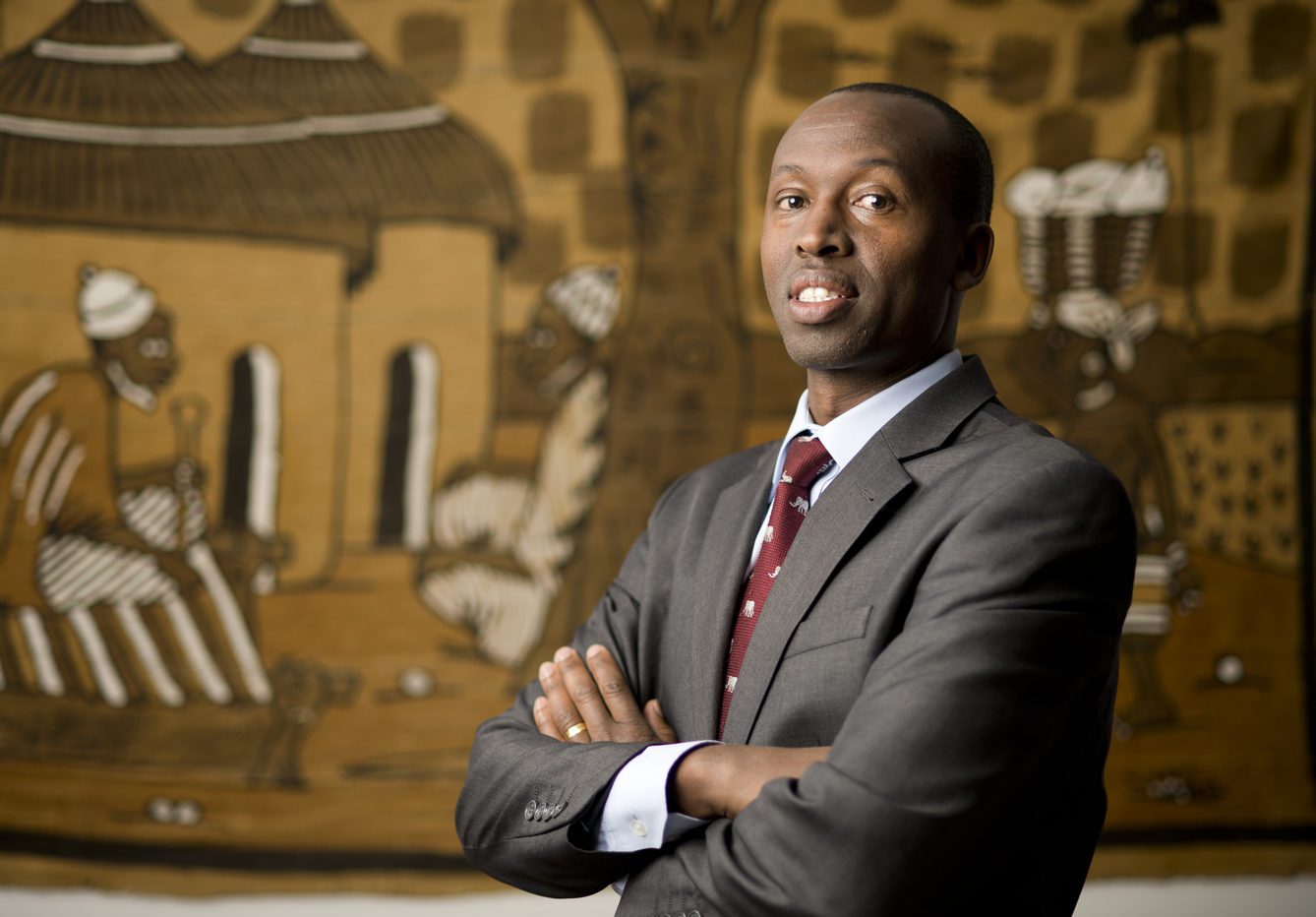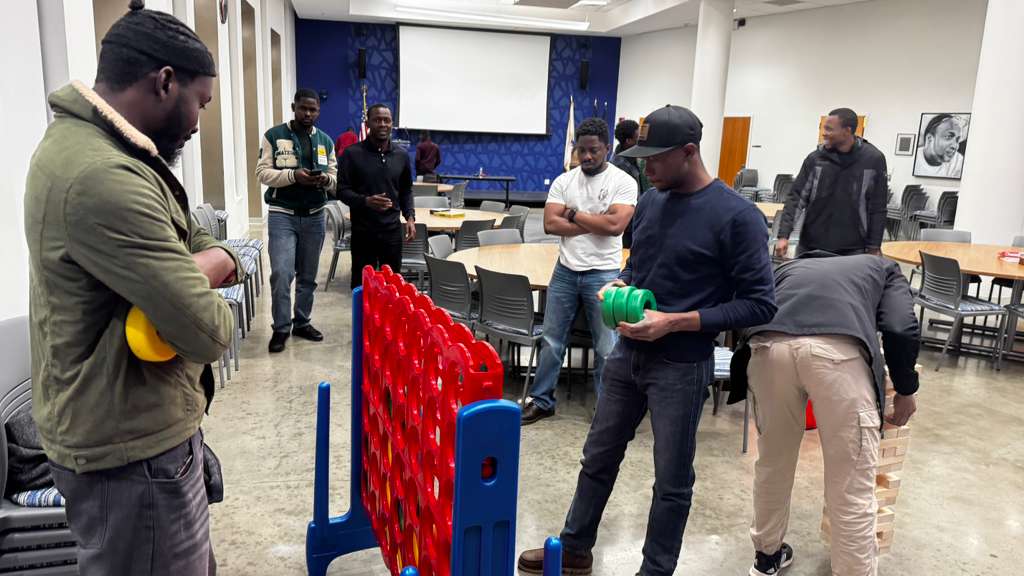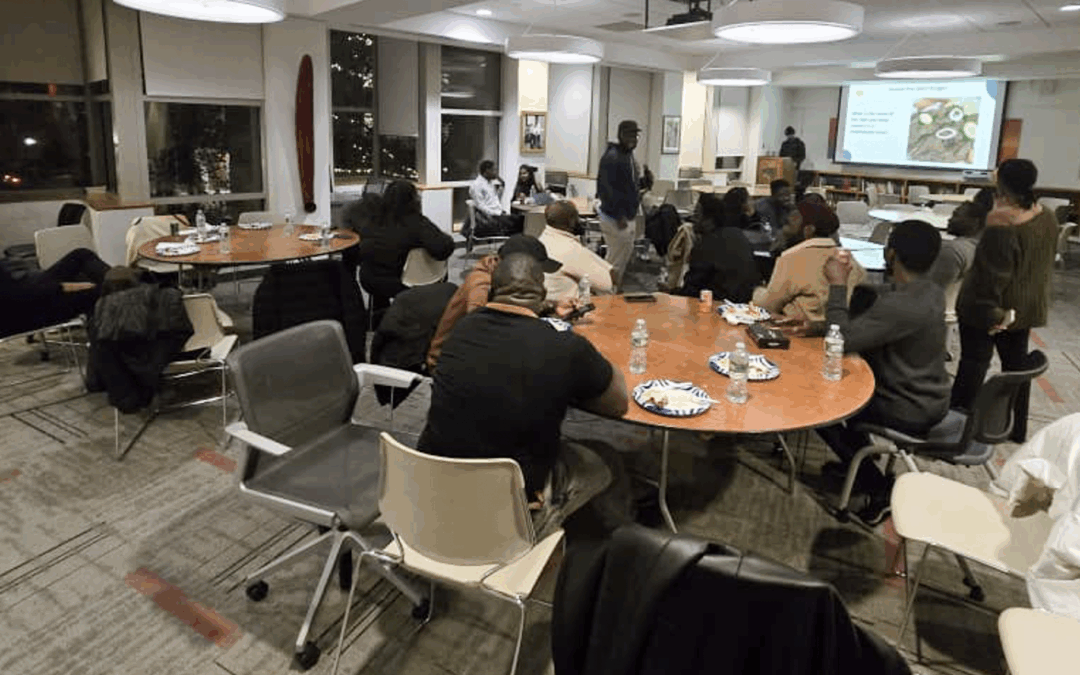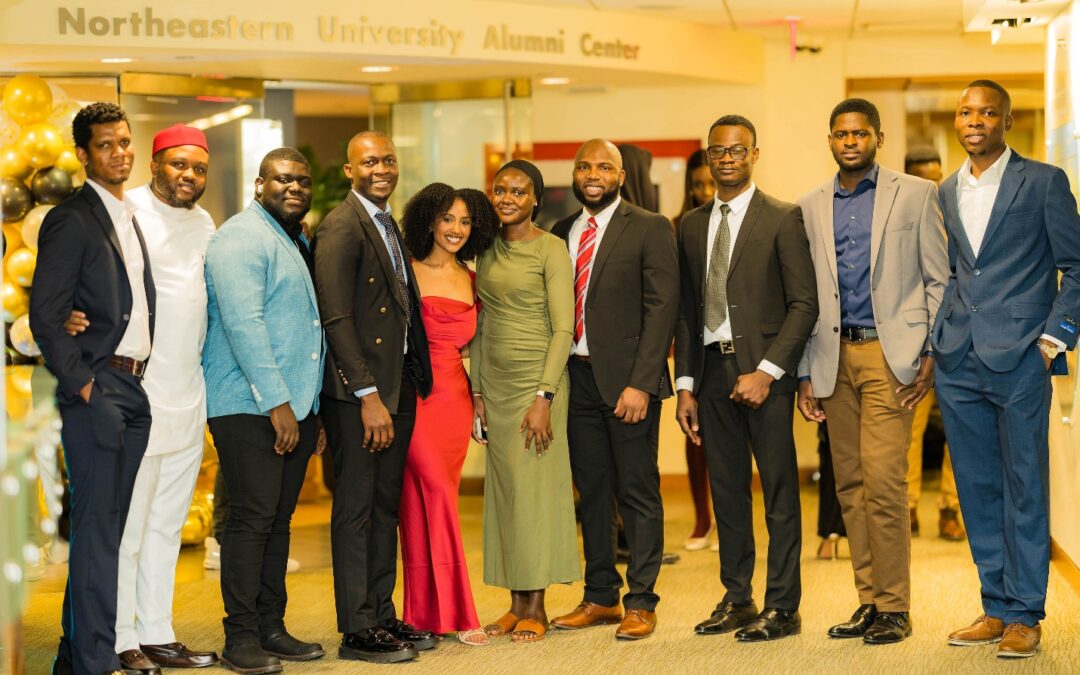Colleagues, students, staffers,
I am delighted to share my reflection as we mark the 1-year milestone since the conceptualization to create the Africa Global Initiative (AGI) at Northeastern. Our first annual report just came out, you can read it here. We envisioned a thriving, dynamic and strong engagement for Northeastern with the continent of Africa. A continent of over 1 billion people which is simultaneously the youngest and oldest of our global regions. Twenty years after The Economist judged the continent as “hopeless” the Financial Times of January 30, 2020 declared that the 21st would be “Africa’s Century”. Because Africa has the youngest population with a medium age of 18 years and will have the fastest growing population throughout the century, coupled with the continent’s rich resources, there is plenty of ‘Africa optimism’.
With those prospects, as an academic institution with a global ambition, bringing attention to Africa across the university is imperative to truly reflect our world today. For this reason, President Aoun’s remark – “Africa is a key region for higher education. We have the opportunity to deepen Northeastern’s presence in Africa and further empower our global network” – affirm the believe I have held for a long time as an African(ist) born and raised and educated and with continued deep roots on the continent. Over the last 12 years I have had the opportunity to travel to Kenya (my home country), and Ghana with more than 120 students and to mentor others on co-ops and short research fellowships in several countries like Ethiopia, South Africa, Tanzania and Uganda. Several of these students have returned to the continent for graduate work and some even now live and work there. All have carried inspired memories to their careers, medical school and graduate studies. In turn a few students we met in Kenya have come to study here.
But our engagement with Africa is far too little and we need to do more, far more. Our inaugural AGI Annual Report highlights accomplishments in increased enrollment of students from Africa in 2021, the creation of the African Students Access Scholarship to supplement tuition costs for African students and samples a number of co-op experiences of our students who travelled to Africa in 2021. Especially these co-ops highlight the tip of the ice-berg as there are countless opportunities for our students. I am immensely proud of the co-ops we have had especially because 2 were with the African Centre for Community Investment in Health, a research center that I established in 2019 (see News@Northeastern) and the fact that we could accomplish these despite the Covid-19 pandemic.
In various ways Africa can teach the world a lot especially in the way we have handled Covid-19 as explained in an article I co-authored with one of our students among others (see story in News@Northeastern). As I write with Hugh Shirley (one of our AGI member students and now at Harvard Medical School) in a just-published chapter in African Futures on the future of health in the continent, “the wider path for the “African Century” will be shaped by the resiliency and optimism of its populations”.
As we embark on year 2 of the AGI, let us accelerate our efforts to engage with Africa and guided by this west African proverb: “Wisdom is like a baobab tree; no one individual can embrace it”. In other words, our networks, engagements and experiences with Africa should be guided by a mutual imperative that learns from and strengthens both sides. I thank Dean Hazel Sive for her leadership and optimism of the AGI and look forward to continued engagement with you all.
Richard Wamai, Associate Professor, Cultures, Societies and Global Studies
March 3, 2022



